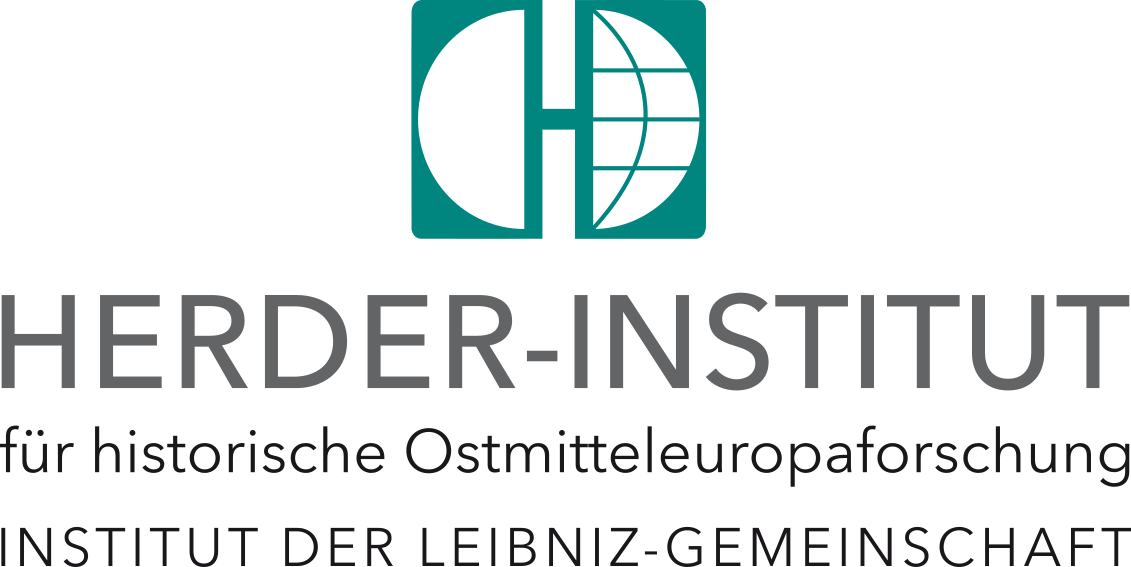Since 1950, the HI has functioned as an institution that combines research on East Central Europe with the mandate to set up and expand scholarly infrastructures. The core discipline is historical studies, supplemented by further emphases in art history and historical cartography. Its main expertise is on Estonia, Latvia, Lithuania, Poland, the Czech Republic, Slovakia, Hungary and Ukraine. Through projects and other activities, the HI generates heterogeneous forms of research data. Furthermore, it brings together worldwide unique collections under one roof: a press-clipping archive (5 million entries), an image archive (750,000 images and born digitals), a map collection (50,000 maps and 10,000 aerial photographs), a musical collection and an additional 1,300 metres of historical documents (the oldest dating back to the 14th century). Such collections are complemented by one of the leading libraries on East European history (650,000 media items). With the founding of a new department for the development of research infrastructures in 2015, the HI made a significant step in the direction of digital knowledge management. Since 2018, the Herder Institute Research Academy (HIRA) has also supported career advancement for young researchers in Russian and East European studies in the humanities throughout Germany by forging links between scientific research and practical qualification perspectives in infrastructures, thus forging new transnational career paths in the digital humanities. From 2021, the Herder-Institute will engage in the implementation of a research infrastructure “Digital and critical documentation of cultural heritage in Eastern Europe”. In close cooperation with external partners, the HI will build up and continuously develop the research infrastructure with four aims: the development of databases and data structures to map the complexity of historical sources; the application and further development of existing standard vocabulary; the analysis of the interrelations between the growing number of digitised sources and the development of new methods and tools (academic software development) in the humanities in transnational contexts. Finally, a particular challenge is mapping historicity and source criticism in technical systems and showing multiple perspectives in metadata structures. Therefore, the research infrastructure will support standardisation, establish interoperability and enable collaborative workflows.
Team





Role
Co-Applicant
Responsibility
Type
Research Institution
Co-Spokesperson

Prof. Dr. Peter Haslinger
peter.haslinger@herder-institut.de
